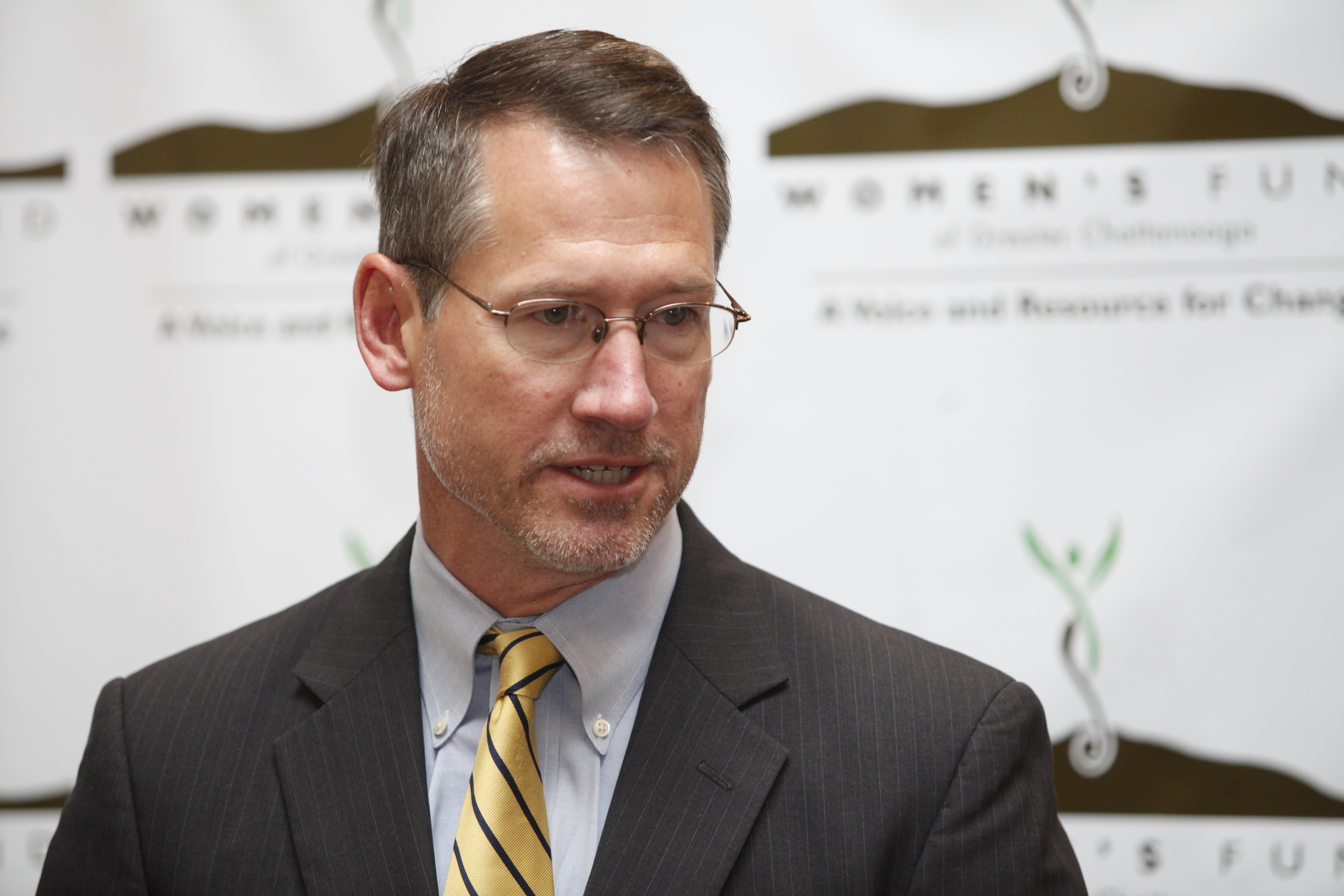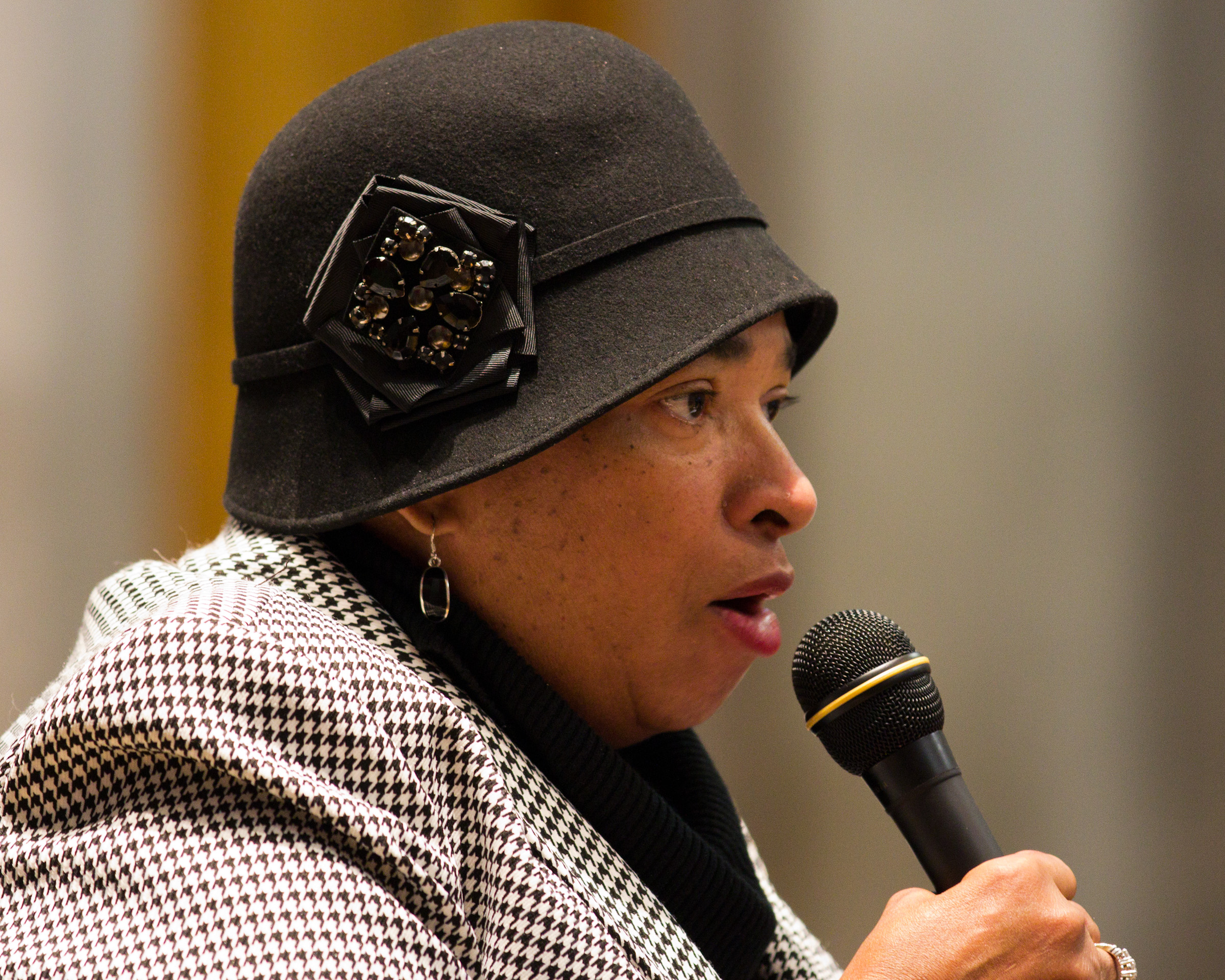HOW IT WORKS
Eligible physicians who provide certain primary care services under Medicaid will be paid at Medicare rates for two years for those services.Eligible physicians must have a specialty designation of family medicine, general internal medicine, pediatrics or a related subspecialty.Midlevel practitioners, such as physician assistants, may be eligible for the enhanced payments, provided they are supervised by physicians who also qualify for the increase.States will receive 100 percent federal funding for the difference between the Medicaid state plan payment amount for selected evaluation and management services as of July 1, 2009, and the Medicare rates in effect for calendar years 2013 and 2014.The Medicaid payment ceiling for children's vaccine administration will be raised.The increases will not apply to federally qualified health centers and rural health clinics.Source: Centers for Medicare & Medicaid Services
Doctors who treat TennCare patients are getting a big New Year's pay raise.
Starting today, practitioners in family medicine and some other subspecialties, including pediatrics, will be reimbursed at Medicare rates - on average, more than 25 percent above what they're paid now, state figures show.
TennCare officials calculate that the boost will put $55 million in physicians' pockets this year and next and help to keep them in the state's version of Medicaid, the health care program for 1.2 million disabled people, pregnant women and poor children.
That's going to be important because of what health experts are calling the "woodwork effect:" When the requirement that everyone have health insurance kicks in next year, as many as 300,000 eligible but unenrolled people are expected to come out of the woodwork and sign up for TennCare.
TennCare is "going to have a capacity problem, and they're going to need more health care providers in the government system," said state Sen. Bo Watson, vice chairman of the Senate Health and Welfare Committee and speaker pro tempore.
TennCare figures show current reimbursement rates, on average, are about 79 percent of Medicare rates. That's compared to 66 percent for Medicaid programs nationwide. The federal government is putting $11 billion into the reimbursement boost across the country.
TennCare spokeswoman Kelly Gunderson said it's hard to say exactly how reimbursements will change since they are negotiated in the managed-care system.
But, she said, "I'm sure if you talk to primary care physicians, they'll say they're very much anticipating that rate increase."
Rae Bond, executive director of the Chattanooga and Hamilton County Medical Society, said the same.
"Increasing the reimbursement rate is an important step to be able to encourage more people to participate in TennCare and increase health care access in that program," Bond said.
She said the state must submit a plan for the reimbursement boost for federal approval. However long that takes, the increases will be retroactive to Jan. 1.
"I would think the federal government would act fairly promptly on this since it's a major component [of health care reform] they have supported," she said.
Unknown costs
State Rep. JoAnne Favors, a nurse and educator who sits on the House Health and Human Resources Committee, said she hopes the extra money "will enable other physicians to feel a little more comfortable in accepting TennCare patients, especially when it comes to some of the specialists," the Chattanooga Democrat said.
Favors supports expanding TennCare, as allowed under the federal Affordable Care Act, and said she's "disappointed" that Gov. Bill Haslam hasn't committed to an expansion.
But Watson, a Hixson Republican, said there won't be enough doctors to handle the expected flood of newly insured patients and the state must somehow "widen the pipeline" for medical training.
Otherwise, "you're giving people insurance but not necessarily guaranteeing they have any better access to care than they did before," he said.
How any such changes would be planned and financed is unknown. Federal health care reforms already in the law will cost the state $300 million a year in excise taxes on insurance companies, new enrollment and new rules for pharmaceuticals, according to TennCare figures.
Haslam already has said that most of nearly $370 million of new revenue projected for the 2013-14 year is destined for TennCare.
Meanwhile, one of Tennessee's U.S. senators is talking about slowing the flow of federal money to state Medicaid programs by plugging a loophole used by Tennessee and 46 other states.
Holding the bag?
TennCare gets 65 cents from the federal government for every 35 cents it spends on TennCare. Of this year's $9.27 billion TennCare budget, $6.3 billion is federal money.
Tennessee levies 4.53 percent on hospitals' net patient revenues and uses that money - almost $450 million this year - to leverage an additional $1.55 billion in federal dollars.
U.S. Sen. Bob Corker calls that a "gimmick" states use to "bilk the federal government," and he wants to see it ended.
Favors thinks the assessment is a necessary but temporary stopgap until the state can fully implement health get extra money.
"Hopefully people - Bob Corker and others - will see the need for a civilized society to have universal health coverage no matter what," Favors said.
She and others, including Watson, don't believe what's called the "bed tax" is immediately threatened, at least for the coming fiscal year.
Watson said Corker's characterization isn't fair.
"This is not a nefarious activity. It's certainly legal and within the construct of the current Medicaid payment process. It's a bit creative, I will give you that," Watson said.
But he also said the nation has "a significant financial problem" and Corker is "just looking at all the options."
"There's going to come a point when we actually get serious about solving our country's financial issues and these sort of things ought to be on the table," he said.
At the same time, "when you're asking states to make commitments to things with no clarity about what are going to be the rules of the game and you have the option of changing the rules whenever you want to, it makes it very difficult for the states to commit to anything in this changing health care environment," he said.
"States are going to be left holding the bag, and there's no gold in it."


